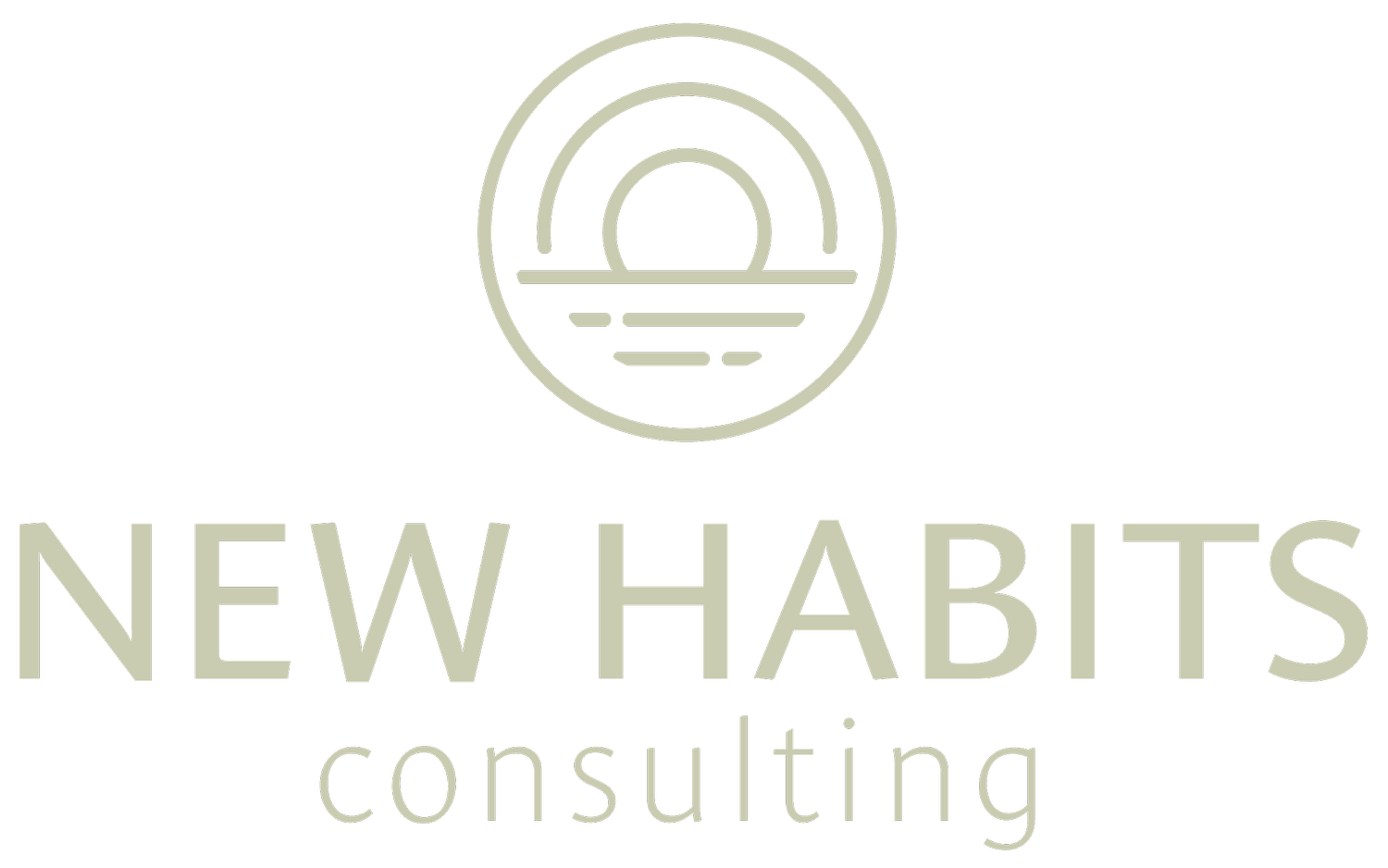What Does the Process Look Like When Working With an Educational Advocate?
Having an educational advocate can be extremely beneficial in guaranteeing that your child's educational requirements are being fulfilled at school. Advocates usually possess experience in school settings, giving them a general understanding of a typical day for a student. They are also trained to define objectives clearly and establish measurable criteria to monitor progress objectively. Furthermore, they understand how environmental factors can either facilitate or impede the learning process.
Why Do I Need an Educational Advocate?
“Having an educational advocate can be extremely beneficial in guaranteeing that your child's educational requirements are being fulfilled at school.”
The process followed by an advocate can vary depending on the child's needs, but it typically includes the following steps:
1) First, an intake or yearly update is conducted to identify the priorities and needs that should be addressed. This is done by reviewing the records and answering questions like the starting point and what needs to be addressed.
2) Observations are made to gain specific insights into the child's day or to address any concerns. These observations are reviewed with the parents to provide recommendations.
3) Preparation for the IEP or 504 plan meeting is done, followed by the annual meeting, where updates to the plan are discussed and collaborated upon.
4) A follow-up call is made with the parents to discuss the outcome of the meeting, whether they got what they wanted, and what the next steps are.
5) Implementation monitoring is carried out to ensure that the IEP/504 plan is correctly followed. Quarterly progress monitoring is done to ensure that there is significant progress towards meeting the goal of the plan, not just minimal progress.
6) Finally, a follow-up call is made to identify areas of concern and strengths in the progress report.
How Do I Find a Special Education Advocate?
There is no universal way to find a special education advocate, as it varies by state, city, and the level of training they have received. It is crucial to conduct thorough research.
Private pay advocates come from various backgrounds, such as BCBAs, former special education teachers, or school counselors. Examining their work history and qualifications is crucial to ensure they are suitable for advocacy services.
Former parents who have successfully navigated the special education system with their children can offer valuable assistance as volunteer advocates. Although they may not have formal training, their firsthand experience and knowledge can be extremely beneficial.
Each state has organizations providing resources to find special education advocates.
Parent Training and Information Centers are located in each state. They provide support and education to parents as they navigate the special education system.
State Protection and Advocacy Systems connect parents and those with disabilities with attorneys and advocates in their state, dependent upon their needs.
How Do I Know an Educational Advocate is Qualified?
“Examining their work history and qualifications is crucial to ensure they are suitable for advocacy services.”
Interested in Working with an Educational Advocate?
New Habits Consulting provides special education advocacy services. Contact us to schedule a free consultation and discuss how we can partner to develop an educational plan that meets your child's individual needs.




